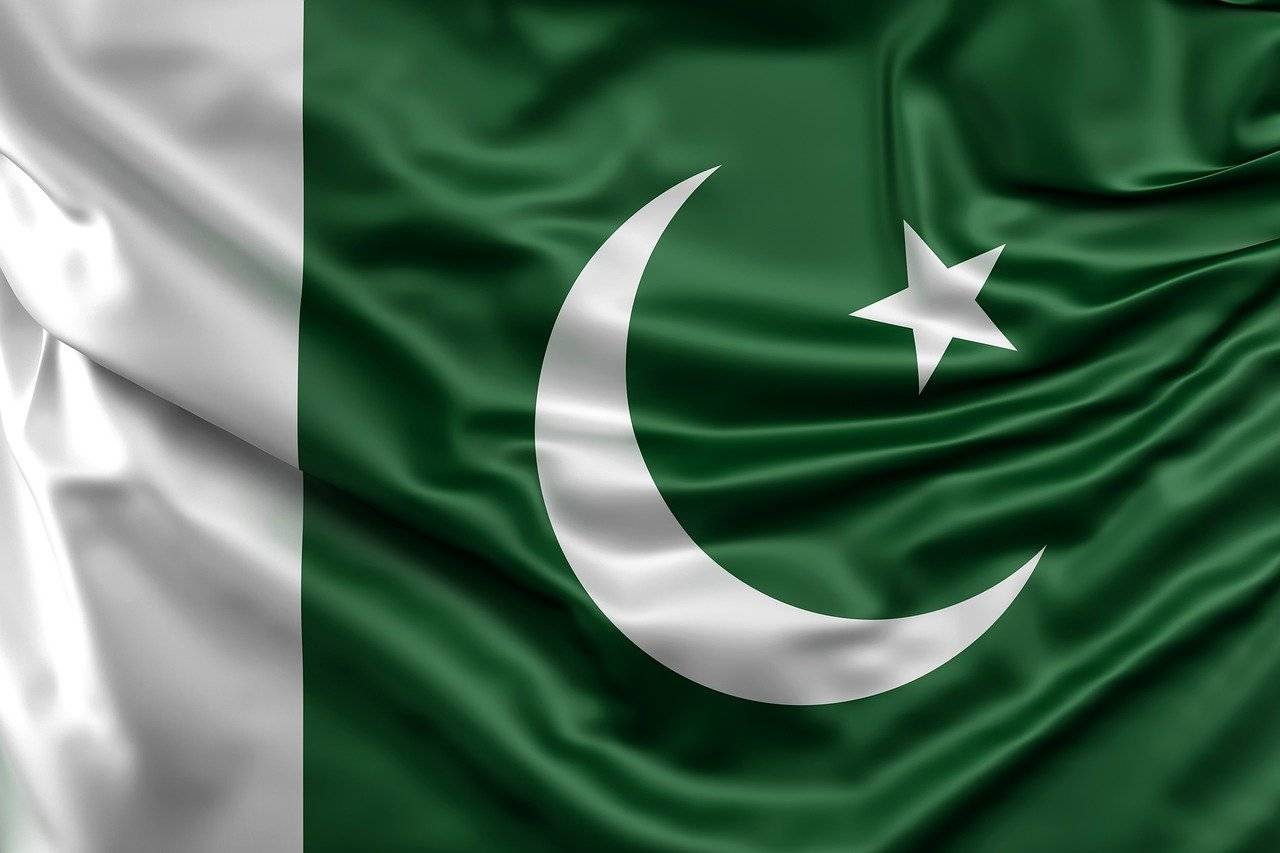MUMBAI, India – About one fifth of the entire Indian population are members of “scheduled castes” – known as Dalits, and formally known as the “untouchables” – and one priest says that despite laws meant to help them, they still face a “permanent stigma.”
India has instituted several public programs – similar to affirmative action in the United States – to help the Dalit population, although Christians and Muslims are not eligible, no matter what their caste background.
“The affirmative actions in favor of them are hated by the caste-minded people,” said Jesuit Father A. Maria Arul Raja, a professor of Religious Studies at the Jesuit Theology Center in Chennai. “Their human rights are violated through the growing trends of rapes, arson, looting, and mob-lynching.”
Speaking to Crux about the missionary month of October called for by Pope Francis, the priest asked: “In this context, what does it mean to ‘good-news’ the victims of the daily practices of untouchability upheld by casteism? How exactly are these people calling themselves Dalits to be divinized to grow as co-humans with all other people with guaranteed human rights of life and dignified livelihood?”
Raja said that any program aimed at the removal of “the evil practice of untouchability” will not yield any tangible results without entering into “the mission of annihilating the sinful systemic evil of casteism prevalent in the South Asian soil.”
“If God’s project of universal salvation from the sins of the world has to be realized in concrete history, the last and the least from among the untouchables have to be empowered to celebrate the divine gift of dignity as co-humans with others,” he said.
“This cannot be conveniently left to the frail hands of the Dalits to emancipate themselves from the curse of casteism and untouchability. The sacred project of humanizing the Dalits has to become the collective responsibility of all people of good will irrespective of one’s creed, code, cult, culture, or caste,” the priest continued.
Raja said that if the Church “wants to credibly grow as the body of Christ,” it has to genuinely involve itself in the mission of proclaiming the Good News to the victims of history.
In the context of the Dalit population, the priest made several suggestions, including:
— Calling for a “detailed scientific documentation on the atrocities against the Dalits” across India;
— The process of reconciliatory dialogue has to be initiated and sustained against the “manipulated culture of perennial animosity” between the Scheduled Castes and others in society;
— In order to ensure equitable distribution of opportunities of education, employment and empowerment in all aspects of personal, public, and national life, the affirmative system has to be continued and strengthened.
The Jesuit also called on the Church to do more to fight caste discrimination and added that the “pretentious denial of the existence of caste practices in the Church will strengthen the roots of the cancer of untouchability and the sin of casteism.”
Nearly half of all Christians in India have a Scheduled Caste background, but the vast majority of clergy come from higher castes.
“The first act of any genuine conversion away from such abominable evils has to begin with the genuine acknowledgement of one’s own sinful caste-mindedness. The entire ecclesial community should not shroud the reality of its frequent inclination towards casteism through overt or covert means. Rather it has to come forward to ask for pardon from the Dalits for its attitudes of indifference or inaction in the past centuries,” he said.
Raja called for a reliable data base on the number of Dalits working for and being served by Church institutions, as well as keeping track of Dalit vocations and the number of Dalits in leadership positions in the Church.
“The cultural heritages, faith traditions, spiritual tenets, and theological insights from the Dalit soil are to be duly identified, codified, celebrated and owned by the entire body of the Church for undertaking dialogue with various nations and peoples across the globe,” he added.
The Jesuit also called for the Dalit Empowerment Policy that was promulgated in 2016 by the Catholic Bishops’ Conference of India (CBCI) to be fully implemented.
“The mild or wild forms of the anti-Dalit attitudes and actions of the clergy or religious or laity or administrators are to be ardently taken to task after the model of Jesus who spared no efforts in denouncing the deviant measures of the ruling elite condemning the ordinary disempowered people- the ‘anawim’- as sinners,” he said.
Anawim is an Aramaic word meaning “the poorest” or “the outcast.”
“Empty rhetoric with theological slogans can never heal the wounded psyche and the battered consciousness of the Dalits undergoing the ordeal of cumulative humiliation down the centuries. The need of the hour is to genuinely walk with the Dalits as co-humans as Jesus has taught us to democratize the Good News to all peoples and all nations,” the priest said.
Crux is dedicated to smart, wired and independent reporting on the Vatican and worldwide Catholic Church. That kind of reporting doesn’t come cheap, and we need your support. You can help Crux by giving a small amount monthly, or with a onetime gift. Please remember, Crux is a for-profit organization, so contributions are not tax-deductible.














